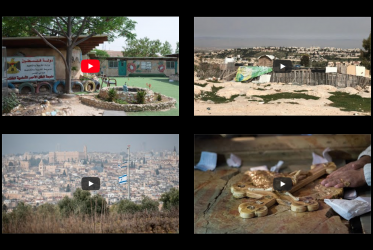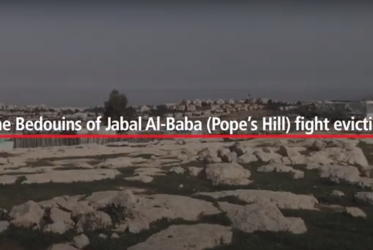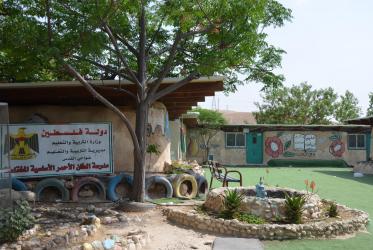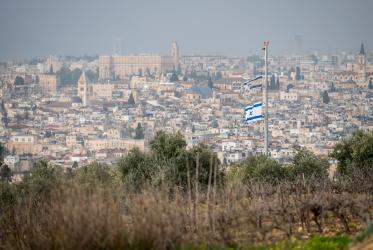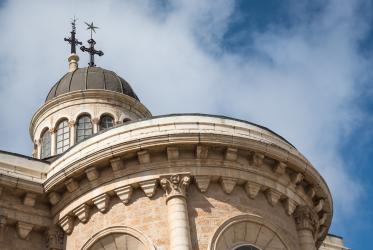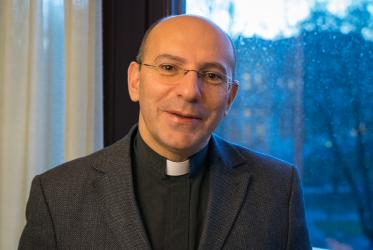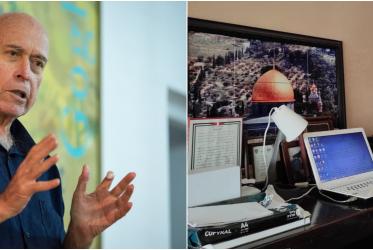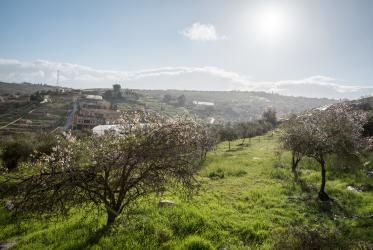Displaying 141 - 160 of 342
Video: Freedom to worship - Easter Initiative 2021
01 April 2021
Video: Khan Al Ahmar - Easter Initiative 2021
01 April 2021
Bedouins of Pope’s Hill fight eviction
30 March 2021
East Jerusalem: Denied citizenship and the vote
30 March 2021
עובד שלום נוצרי פלסטיני משתוקק למנהיגים אמיצים
11 December 2020
אקומני פלסטיני בעל תקווה, אך לא אופטימיסט
10 December 2020
Palestinian Christian peace worker yearns for courageous leaders
10 December 2020
A hopeful, but not optimistic Palestinian ecumenist
09 December 2020
As olive harvest draws to a close, who is helping the farmers?
08 December 2020

